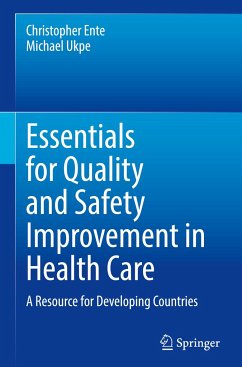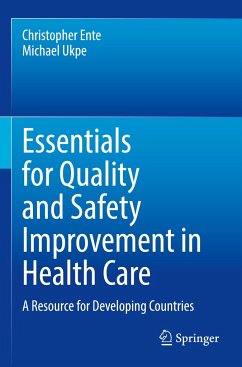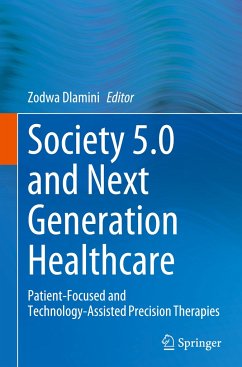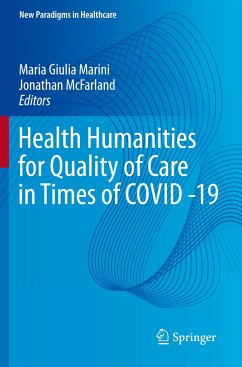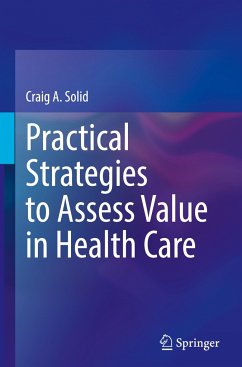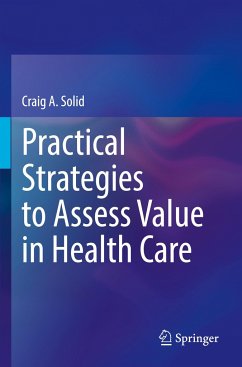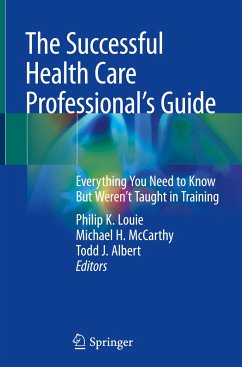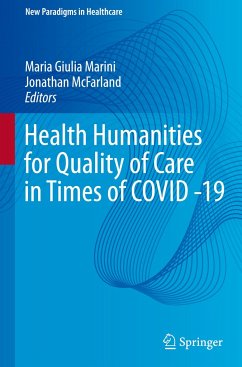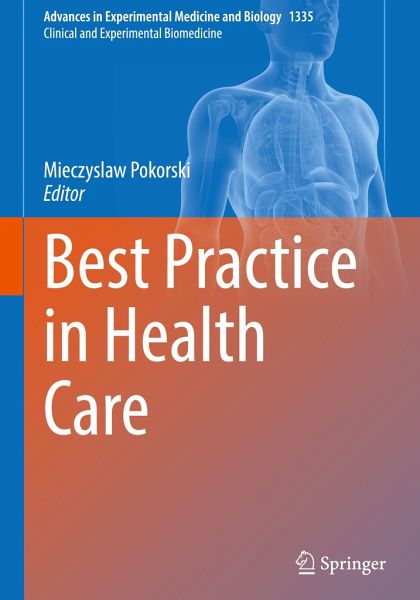
Best Practice in Health Care

PAYBACK Punkte
49 °P sammeln!
This book aims to disseminate and review the latest interdisciplinary medical knowledge to provide information on best clinical practice for difficult-to-treat conditions.The chapters address various aspects and approaches to the management of medical conditions that are not fully understood. This is exemplified by complex immune and inflammatory interactions in cancer development and survival-prolonging repeat surgery for pulmonary metastases or advances in craniotomy techniques for intracranial hemorrhage. Other chapters address the quality of life of patients after pyeloplasty, parathyroide...
This book aims to disseminate and review the latest interdisciplinary medical knowledge to provide information on best clinical practice for difficult-to-treat conditions.
The chapters address various aspects and approaches to the management of medical conditions that are not fully understood. This is exemplified by complex immune and inflammatory interactions in cancer development and survival-prolonging repeat surgery for pulmonary metastases or advances in craniotomy techniques for intracranial hemorrhage. Other chapters address the quality of life of patients after pyeloplasty, parathyroidectomy, or physically debilitating ankylosing spondylitis. Additional chapters address primary ciliopathies, a group of unclear genetic disorders affecting airway function, and dysfunctional airway remodeling underlying proinflammatory molecular mechanisms. The last few chapters address advances in the use of artificial intelligence for health management and in-silico experiments,whichis gaining importance in a variety of difficult-to-control conditions, such as endoprosthetic fixation in orthopedics.
The book is dedicated to expanding knowledge in medical care by facilitating communication and discussion across medical disciplines. It is intended for clinical specialists, general practitioners, researchers, and members of all healthcare professions.
The chapters address various aspects and approaches to the management of medical conditions that are not fully understood. This is exemplified by complex immune and inflammatory interactions in cancer development and survival-prolonging repeat surgery for pulmonary metastases or advances in craniotomy techniques for intracranial hemorrhage. Other chapters address the quality of life of patients after pyeloplasty, parathyroidectomy, or physically debilitating ankylosing spondylitis. Additional chapters address primary ciliopathies, a group of unclear genetic disorders affecting airway function, and dysfunctional airway remodeling underlying proinflammatory molecular mechanisms. The last few chapters address advances in the use of artificial intelligence for health management and in-silico experiments,whichis gaining importance in a variety of difficult-to-control conditions, such as endoprosthetic fixation in orthopedics.
The book is dedicated to expanding knowledge in medical care by facilitating communication and discussion across medical disciplines. It is intended for clinical specialists, general practitioners, researchers, and members of all healthcare professions.




